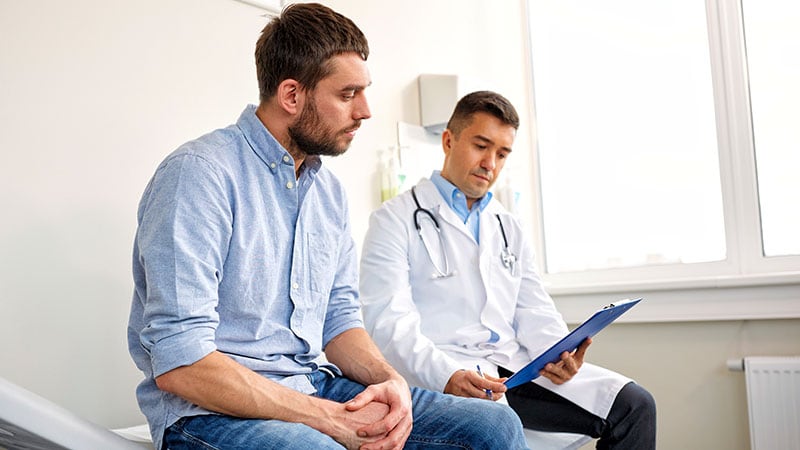Core Concepts
Primary care clinicians play a crucial role in HIV prevention by prescribing pre-exposure prophylaxis (PrEP) to at-risk individuals.
Abstract
Standalone Note here
HIV remains a significant public health concern in the US.
Primary care clinicians can help reduce HIV rates by prescribing PrEP.
Lack of training and discomfort discussing sexual health hinder PrEP prescription.
PrEP is highly effective but underutilized, especially among minority groups.
USPSTF recommends clinicians prescribe PrEP to at-risk individuals.
Primary care physicians are well-positioned to provide PrEP due to their patient relationships.
Prescribing PrEP requires considerations like HIV testing, side effects, and medication adherence.
Different forms of PrEP are available to cater to patient needs.
Regular monitoring and follow-up are essential for patients on PrEP.
Barriers to PrEP access include cost, lack of trust in healthcare, and racial disparities.
Programs exist to assist patients in accessing low-cost or free PrEP.
Primary Care Can Lead Way to HIV Prevention
Stats
An estimated 1.2 million people live with HIV in the US.
PrEP reduces the risk of contracting HIV through sex by around 99%.
42% of new HIV diagnoses in 2020 were among Black individuals.
Quotes
"Primary care physicians are ideally positioned to prescribe PrEP for their patients." - Brandon Pollak
"Providing PrEP care is straightforward, beneficial, and satisfying." - Dr. Matthew M. Hamill
Key Insights Distilled From
by Lorraine L. ... at www.medscape.com 09-19-2023
https://www.medscape.com/viewarticle/996603
Deeper Inquiries
How can healthcare providers address racial disparities in HIV prevention?
Healthcare providers can address racial disparities in HIV prevention by implementing culturally competent care, increasing access to PrEP in underserved communities, and addressing structural racism within the healthcare system. This can involve building trusting relationships with patients, providing education about HIV prevention tailored to specific communities, and advocating for policies that address social determinants of health contributing to disparities.
What are the potential drawbacks or limitations of widespread PrEP prescription?
Some potential drawbacks or limitations of widespread PrEP prescription include medication adherence issues, the development of drug-resistant HIV strains if PrEP is not taken correctly, potential side effects such as kidney toxicity or bone mineral loss, and the financial burden of PrEP for patients without insurance coverage. Additionally, there may be challenges in monitoring patients regularly for HIV screening and other necessary tests.
How can training programs help primary care clinicians overcome barriers in discussing sexual health?
Training programs can help primary care clinicians overcome barriers in discussing sexual health by providing education on effective communication strategies, cultural competency, and inclusive language. These programs can also offer guidance on addressing patient discomfort, biases, and stigma related to sexual health topics. By equipping clinicians with the necessary skills and knowledge, training programs can empower them to have open and non-judgmental conversations with patients about sexual behaviors, leading to improved HIV prevention efforts.
0
More on Healthcare
